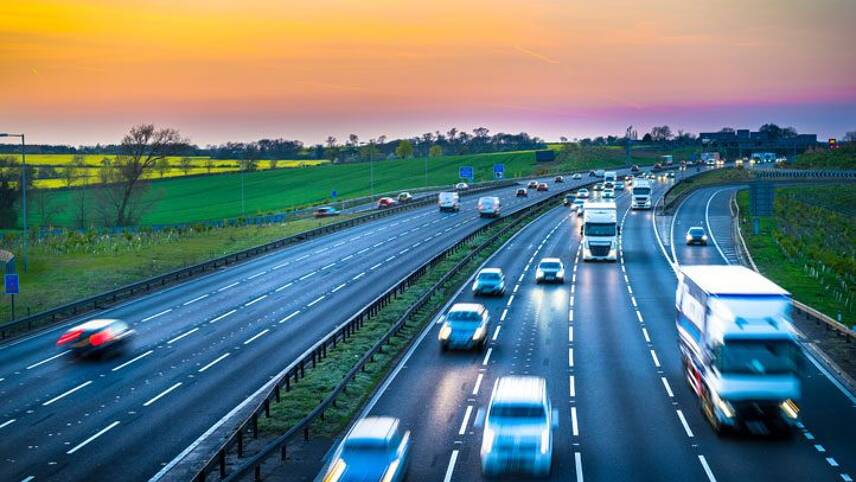Register for free and continue reading
Join our growing army of changemakers and get unlimited access to our premium content

This is according to a new report from the New AutoMotive, an independent British transport research organisation.
According to the report, the top 25% of high-mileage drivers also cover more than 50% of total miles driven and motoring costs.
Furthermore, the most dedicated 10% of high-mileage drivers, responsible for 28% of miles, costs and emissions, have the potential to alone save the equivalent of all the anticipated oil extraction from new North Sea licenses annually by switching to EVs.
New AutoMotive’s chief executive officer Ben Nelmes said: “High-mileage cars are the low-hanging fruit of the UK’s transition to net-zero. The cars that pollute the most are those that spend the most time on the road, and they need to be switched to electric cars if we want to see quick results of the EV transition.
“Supporting the switch to electric amongst higher mileage drivers would put money back into the hands of those most affected by high fuel prices and help free the UK from expensive imported oil.”
In 2019, when comprehensive data was last available, petrol and diesel cars consumed 26.6 million tonnes of oil, costing over £40bn annually, with more than £28 billion wasted as heat.
In contrast, adopting more sustainable and cost-effective electrified travel could slash these expenses by more than 80%, resulting in an average annual savings of £1000 for high-mileage drivers, as outlined in the report.
Strategies for expediting the shift
The report puts forth various policy recommendations directed at both the UK Government and industry stakeholders, aiming to facilitate the transition of high-mileage drivers to EVs.
These include implementing a ‘feebate’ system, where buyers of the most polluting cars incur a fee, while those opting for less polluting vehicles receive a rebate.
Furthermore, suggested policies encompass informative campaigns designed to deliver personalised information on the advantages and cost savings associated with electric cars.
The report also advocates for social leasing, suggesting that, instead of focusing on reducing upfront costs or supporting zero-interest loans, the Government or its representative could establish a new, lower market price for cars.
Additionally, it proposes the implementation of scrappage schemes to ensure that electric cars replace the mileage of the petrol or diesel cars they replace.
Lastly, the report contends that, within the framework of the recently implemented ZEV mandate by the Government, credits could serve as incentives for manufacturers to boost the sales of electric cars among high-mileage drivers.
Nevertheless, with the industry gearing up for intense price competition in the UK, the shift to EVs is expected to gain momentum this year.


Please login or Register to leave a comment.